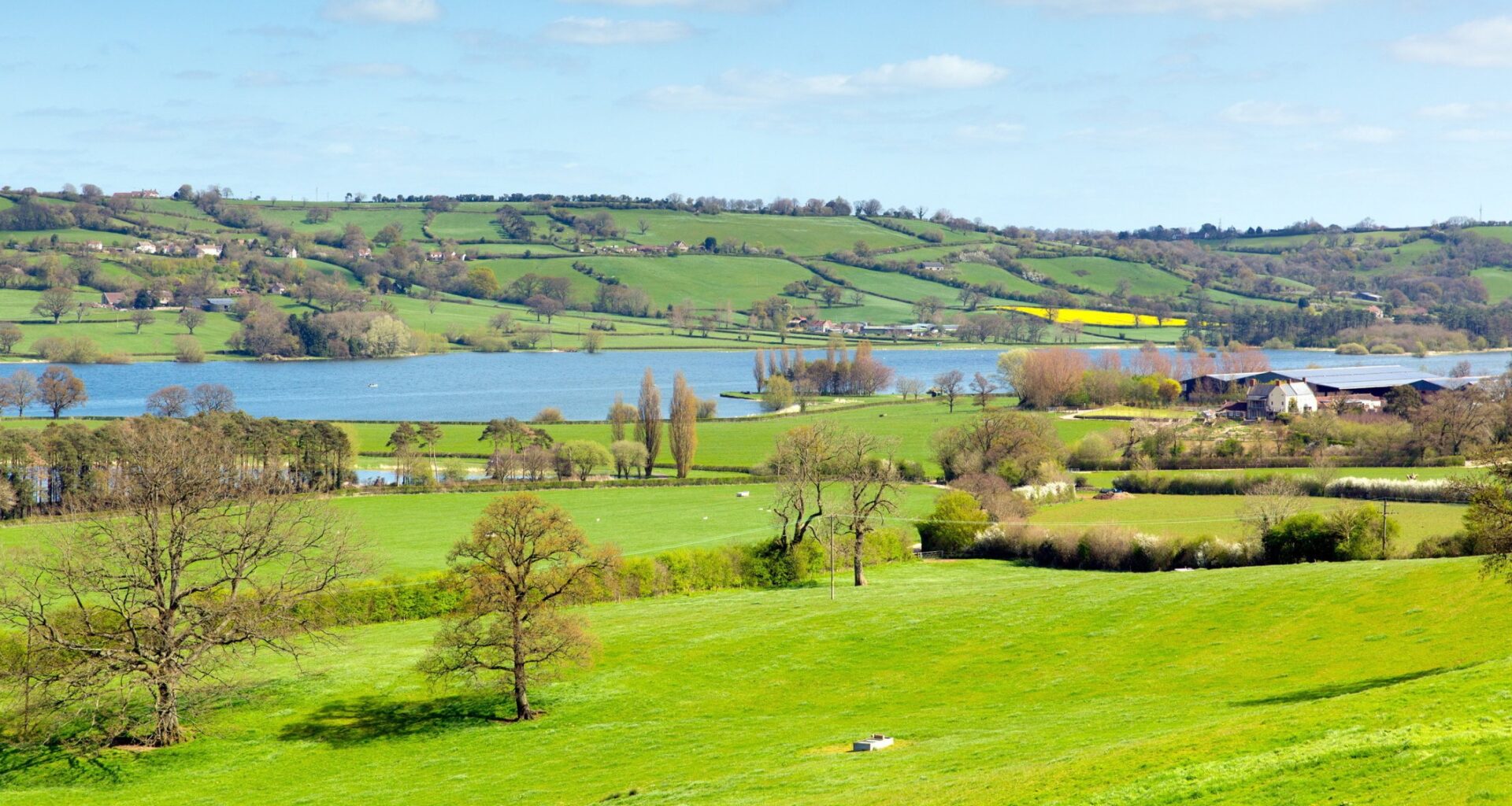The legal frameworks set up to protect the environment after the UK left the EU need to be “strengthened”, says a report from UK think-tank Green Alliance.
Since Brexit, non-profits have expressed concerns about environmental protections being weakened in the UK due to a lack of EU oversight.
“Alarming natural decline has become the norm in England, giving some confirmation to those who feared Brexit would lead to filthy beaches, toxic air and weakened laws to protect nature,” said Green Alliance senior fellow Ruth Chambers in a statement. While some “new legal frameworks” to protect the environment have been introduced, they “are yet to deliver their full potential”, she added.
In 2021, the UK government introduced the Environment Act, which includes legally binding targets, and an independent Office for Environmental Protection, but more needs to be done to strengthen their work, the report adds.
It calls on the government to take steps to “protect the OEP’s independence” by removing the cap on the number of employees it has and restating its commitment to “ringfence a multiyear budget” for the regulatory body in the 2025 spending review.
The report also outlines recommendations for the devolved governments of Scotland, Wales and Northern Ireland.
It urges the Scottish government to introduce its natural environment bill as soon as possible, and for it to include statutory nature recovery targets.
Scotland is, however, commended for being the first country in the UK to pass legislation on environmental governance after Brexit — through the 2021 UK Withdrawal from the European Union (Continuity) (Scotland) Act — creating a new oversight body called Environmental Standards Scotland.
Of the devolved nations Wales is making the “slowest” progress on environmental governance, the report says, though the Welsh government has committed to introduce an environmental governance bill in 2025.
Meanwhile, Northern Ireland is facing “historic regulatory dysfunction and low compliance with environmental law, exacerbated by the absence of an independent environmental protection agency”, the report states. It calls on Northern Ireland to set “ambitious binding targets”, such as for biodiversity and water and air quality.
The report is available to read here.
